Last updated on January 22nd, 2024
In light of the horrible house fire that tragically took the lives of 2 precious little girls in our town, it is always good to have a refresher on house fire safety.
Each year fire claims the lives of 3,500 Americans, injures 18,300, and causes billions of dollars worth of damage.
Leading Cause of a House Fire
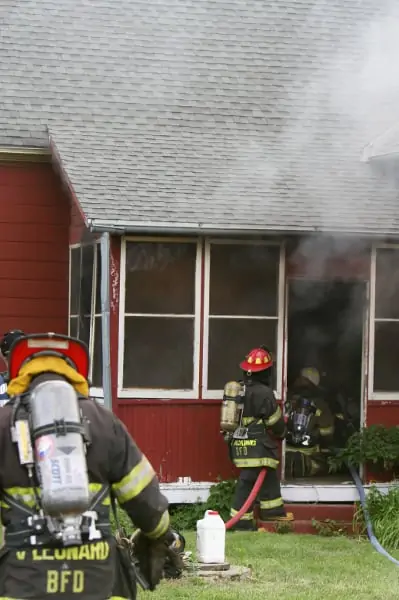
Cooking equipment, most often a range or stove top, is the leading cause of reported house fires and house fire injuries in the United States.
Other leading causes of house fires are:
- Heating
- Electrical
- Smoking materials
- Candles
1. Tips To Prevent House Fires Caused By Cooking
Whenever you are COOKING, always keep in mind the following:
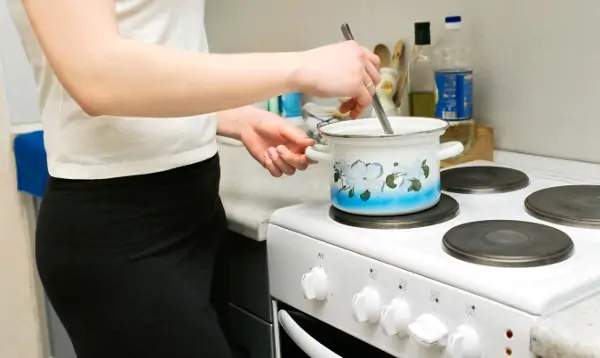
- Stay in the kitchen when you are cooking & check it regularly.
- If you leave the kitchen, turn off the stove.
- Use a kitchen timer to remind you that you’re cooking.
- Stay Alert! Don’t cook while:
- Sleepy
- Drinking Alcohol
- While on medication that makes you drowsy
- Keep your stove top, burners and oven clean with oven cleaner.
- Keep flammable items away from the stove top.
- Wear short or close fitting sleeves when cooking.
- Never use an extension cord for a cooking appliance, as it can overload the circuit and cause a house fire.
- When cooking with oil:
- Keep a lid or flat cookie sheet close by so that if flames appear, suffocate the fire with the lid and immediately turn off the stove to let it cool down.
- Do not try to move the pan.
- Do not use water because the super-heated water will explode into steam, and can cause severe burns, and oil can splash and spread the fire.
2. Tips To Prevent House Fires Caused By Heating
If you use any type of HEATING equipment in your home, please take the following safety precautions:
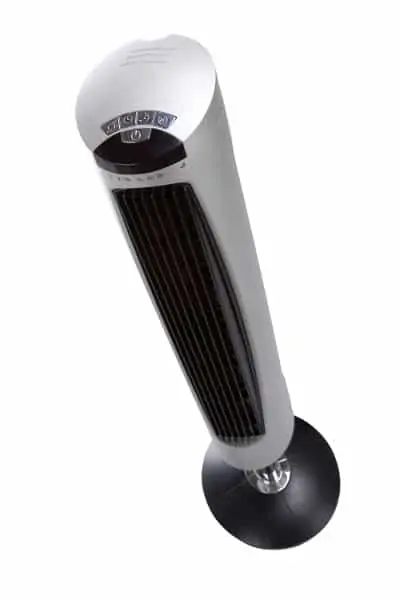
All heating equipment needs space. Keep anything that can burn at least three feet away.
Wood Stoves
- Wood stoves cause over 4,000 house fires every year.
- Follow the manufacturer’s installation and maintenance instructions.
- Look for solid construction.
- Use only seasoned wood for fuel, not green wood, artificial logs, or trash.
Pellet Stoves
- Burn only dry, seasoned wood pellets.
Space Heaters
- Buy only electric space heaters evaluated by a nationally recognized laboratory, such as Underwriters Laboratories (UL).
- Use space heaters that have a thermostat control mechanism, and will switch off automatically if the heater falls over.
- Plug space heaters directly into wall outlets and never into an extension cord or power strip.
- Always unplug your electric space heater when not in use.
- Set heaters where they are not in the traffic flow of the room.
- Use space heaters only on solid, firm surfaces. Do not place on tables, chairs or other places where they may tip over.
Kerosene Heaters
- Buy only kerosene heaters evaluated by a nationally recognized laboratory, such as Underwriters Laboratories (UL).
- Check with your local fire department on the legality of kerosene heater use in your community.
- Never fill your heater with gasoline or camp stove fuel; both flare-up easily.
- Only use crystal clear K-1 kerosene.
- When refueling, allow the appliance to cool first and then refuel outside.
- Never overfill any portable heater.
- Use the kerosene heater in a well ventilated room.
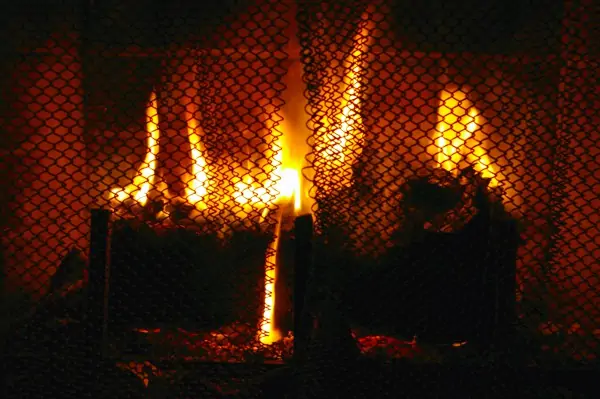
Fireplaces
- Fireplaces regularly build up creosote in their chimneys.
- Clean out fireplaces frequently.
- Chimneys should be inspected at least annually for obstructions and cracks.
- Check to make sure the damper is open before starting any fire.
- Never burn trash, paper or green wood in your fireplace.
- Burn dry, seasoned wood to prevent creosote buildup in the chimney. Some woods, like cedar, pop excessively when burned, and should not be used in an open fireplace.
- Use a screen heavy enough to stop rolling logs and big enough to cover the entire opening of the fireplace to catch flying sparks.
- Don’t wear loose-fitting clothes near any open flame.
- Make sure the fire is completely out before leaving the house or going to bed.
- Allow ashes to cool before disposing of them.
- Place ashes in a tightly covered metal container and keep the ash container at least 10 feet away from your home and any other nearby buildings.
- Never empty the ash directly into a trash can. Douse and saturate the ashes with water.
3. Tips To Prevent House Fires Caused By Electrical
Take the following precautions to prevent ELECTRICAL house fires:
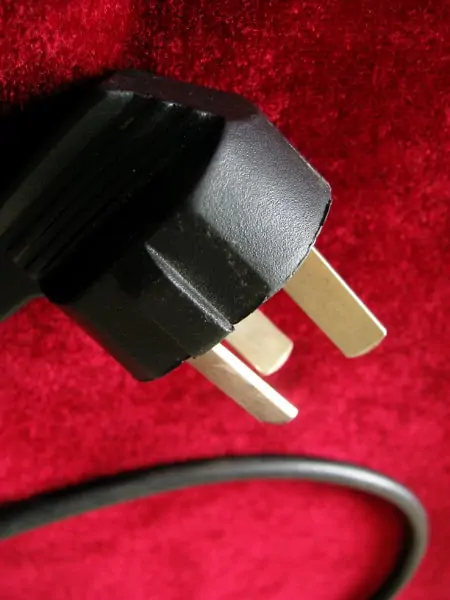
Electrical house fires and electrical failures or malfunctions result in an average of 53,600 house fires each year.
Appliances
- Home appliances most often involved in electrical fires are:
- Stoves and ovens
- Dryers
- Central heating units
- Televisions
- Radios
- CD players
- Routinely check your electrical appliances and wiring.
- Keep electrical appliances away from wet floors and counters; pay special care to electrical appliances in the bathroom and kitchen.
- When buying electrical appliances look for products evaluated by a nationally recognized laboratory, such as Underwriters Laboratories (UL).
- Don’t allow children to play with or around electrical appliances like space heaters, irons and hair dryers.
- If an appliance has a three-prong plug, use it only in a three-slot outlet. Never force it to fit into a two-slot outlet or extension cord.
Wires & Cords
- Frayed wires can cause fires. Replace all worn, old, or damaged appliance cords immediately.
- Use electrical extension cords wisely and don’t overload them.
Switches & Outlets
- Immediately shut off, then professionally replace, light switches that are hot to the touch and lights that flicker.
- Use safety closures to “child-proof” electrical outlets.
Electrical Tools
- Check your electrical tools regularly for signs of wear:
- If the cords are frayed or cracked, replace them.
- Replace any tool if it causes even small electrical shocks, overheats, shorts out, or gives off smoke or sparks.
Attic & Crawl Spaces
- Look in the attic and crawl spaces for wiring that could be damaged by pests or insects.
- Look for overloaded circuit breakers, panel boxes, or fuse boxes:
- Check for breakers or fuses which may have circuits “piggy-backed” on them.
- Note breakers which “trip”, or fuses that “blow” frequently. This is almost always a sign of an overloaded circuit or other wiring problem, usually of a most serious nature.
- Look at the individual breaker connections, especially in outdoor panel boxes, for corrosion, signs of thermal damage (smut or smokey residue near terminals) splices which are poorly taped or wire nutted, or abraded or damaged wire insulation.
- Check the ground cable. Look for loose split bolts, clamps, or other connecting devices, and corrosion.
- Note any connections in wiring other than copper. Installed correctly, and with tight connections, aluminum wire is not excessively dangerous, but when connections are made to copper wires, an electrolytic reaction may occur, causing increased resistance in the connection which will generate excessive heat. If you are able to apply an antioxidant compound to aluminum connections, it will help decrease the risk of oxidation causing a short circuit at these locations.
- Look into the possibility of installing a lightning protection system in your home if you live in an area where lightning is a frequent problem. The savings from reduced damages to appliances may offset the cost of this upgrade.
4. Tips To Prevent House Fires Caused By Electrical
SMOKING is not only bad for you personally, but can affect others if you don’t take the following precautions:
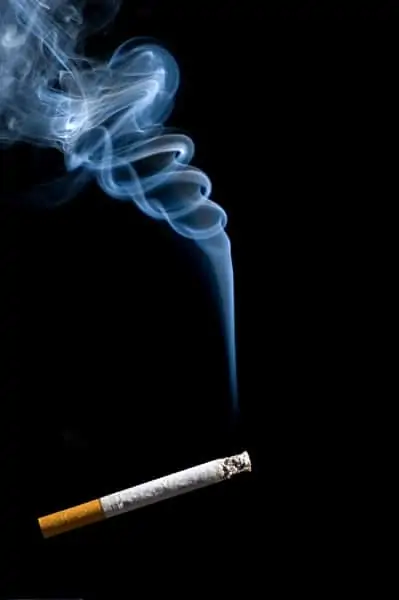
- Every year, almost 1,000 smokers and non-smokers are killed in house fires caused by cigarettes and other smoking materials.
- Putting out a cigarette the right way only takes seconds. Make sure cigarettes and ashes are out.
- One in four people killed in house fires is not the smoker whose cigarette caused the fire.
- If you smoke, smoke outside.
- Wherever you smoke, use deep, sturdy ashtrays.
- Never smoke in a home where oxygen is used.
- If you smoke, fire safe cigarettes are better.
- Don’t sit or lie down when smoking. Standing up will usually prevent you from falling asleep while smoking. Getting too tired? Put out the cigarette thoroughly in an ash tray or water-damp sink and go to bed.
- Cleaning out the ash tray? Place the ashes in the sink and dampen them, then scoop them up and place them in the trash can away from the house.
5. Tips To Prevent House Fires Caused By Candles
If you use CANDLES in your home, always be very diligent with the following safety tips:
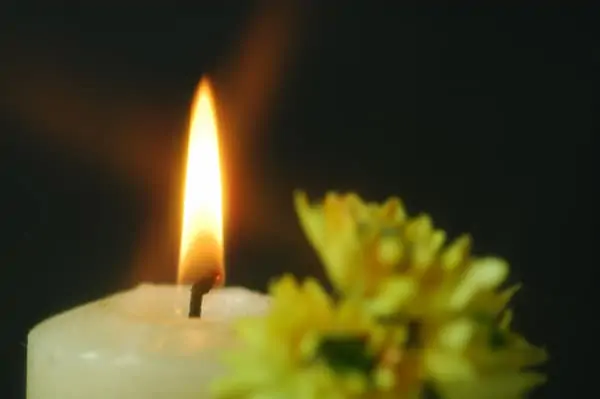
- In U.S. homes, candles caused an estimated 17,200 reported structure fires, 200 civilian deaths, 1,540 civilian injuries, and $200 million in estimated direct property damage.
- On average, 42 home candle fires are reported every day.
- The majority of candle fires result from human error and negligence.
- Avoid using lighted candles.
- If you use candles, ensure they are in sturdy metal, glass, or ceramic holders and placed where they cannot be easily knocked down.
- Keep candles out of the reach of children and pets.
- Children should never be allowed to play with matches, lighters, or candles.
- Set a good example by using matches, lighters, and fire carefully.
- Never leave the house with candles burning.
- Extinguish candles after use.
- Never leave burning candles unattended.
- More than half of all candle fires start when something that could burn is too close to the candle. Keep candles at least 12 inches from anything that can burn.
- Consider using battery-operated flameless candles.
- Avoid using candles in bedrooms and sleeping areas.
- Never use a candle where medical oxygen is being used. The two can combine to create a large, unexpected fire.
- Always use a flashlight – not a candle – for emergency lighting.
- Never put candles on a Christmas tree.
- When using in home worship, don’t place lit candles in windows, where blinds and curtains can close over them, or pass handheld candles from one person to another.
- To lower the risk of fire, candles should be used by only a few designated adults.
Additional Safety Tips to Prevent a House Fire
- Have your home professionally inspected for any fire safety issues.
- Install a home sprinkler system.
- For window AC’s, NEVER use extension cords.
- Keep the lint trap and outside vent clean in your clothes dryer.
- Have a fire extinguisher in your home and know how to use it.
- Never store flammable liquids near ignition sources.
- Keep gasoline, paint thinners, and other highly flammable liquids or materials in UL approved containers and out of the house.
- Use caution with holiday decorations, particularly Christmas trees. Natural Christmas trees can be highly combustible.
- Be very careful in any situation where you use an extension cord for extended periods of time.
- Do not pile up lawn clippings near a building.
- Be careful using a grill on a deck.
- Crate train dogs and use the crates when you are not home and awake, to prevent new dogs or puppies from chewing on electrical cords, or pets from urinating on electrical objects and starting a fire.
- Confine new cats and small animals to a small room with no places to crawl into to hide (such as into the refrigerator motor), and no electrical cords.
- If you suspect or notice electrical problems or strange odors, don’t hesitate to have them checked by a competent person.
- Never store oily rags, especially rags saturated with mineral spirits, paint thinners, or linseed oil.
- Contact your local Fire Department and request a Residential Home Survey.
- Do not block doors or windows which may be needed to escape fire.
- Teach your children proper evacuation techniques in case of a fire. Practice family fire drills, with a meeting place outside.
- Watch an educational video of a house fire with your older children. The smoke will be very black very quickly, unlike the fires on the movies. You have very little time to escape a fire.
- Install and maintain fire alarms, smoke detectors and carbon monoxide detectors.
- Never burn debris or allow debris to accumulate near your home.
- Supervise children – Have a three-foot “kid-free” zone around open fires, space heaters, and wood stoves.
What to Do If Your House Catches on Fire
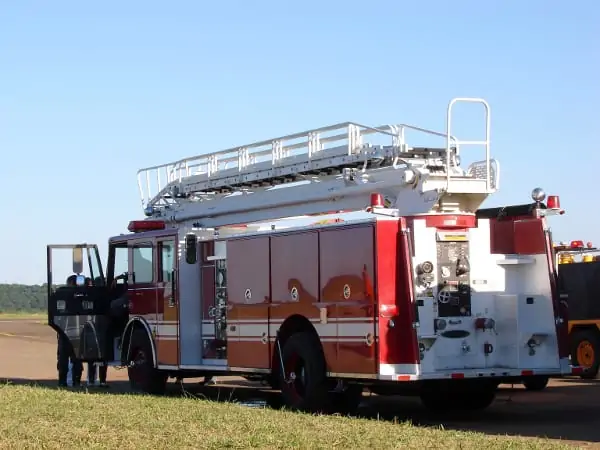
- Remember, time is the biggest enemy and every second counts!
- Escape first, and then call for help.
- Develop a home fire escape plan and practice it frequently with your family.
- Designate a meeting place outside.
- Make sure everyone in the family knows two ways to escape from every room.
- Never stand up in a fire, always crawl low under the smoke, and try to keep your mouth covered.
- Never return to a burning building for any reason: it may cost you your life.
- Having a working smoke alarm dramatically increases your chances of surviving a fire.
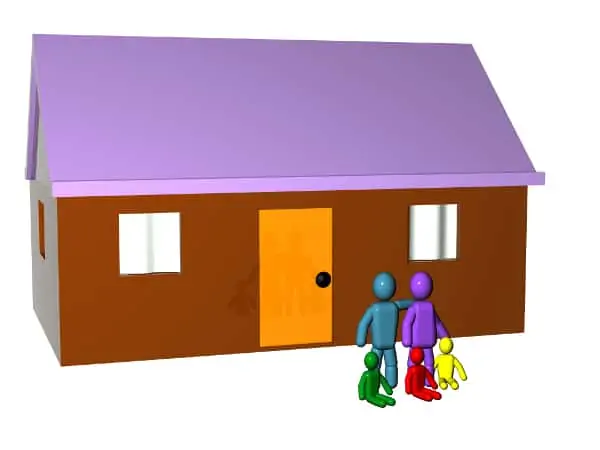
This is a huge list of precautions to take to prevent a house fire.
But in the end, it is so worth it and something that can and will save lives, most importantly, your family.
Fires can start very quickly and devastate a home and a family.
Take the necessary precautions so that you won’t be one of the statistics.
- Best Happy Hour Deals in Frederick, MD (2025) - July 8, 2025
- 27 Free Party Rooms in Frederick, MD For Birthdays + Special Events - May 27, 2025
- Best Weekend Trips From Frederick MD (All Within 3 Hours!) - May 21, 2025

Hey just thought I’d mention another common cause I’ve found that is often overlooked. 9 volt batteries thrown in the trash can cause fires very easily. I work in the electrical field and have had them ignite in my pocket from pressing against a coin. Since I have always wrapped them in electrical tape when pocketing or disposing of them.
Thank you for this information! Very good to know!